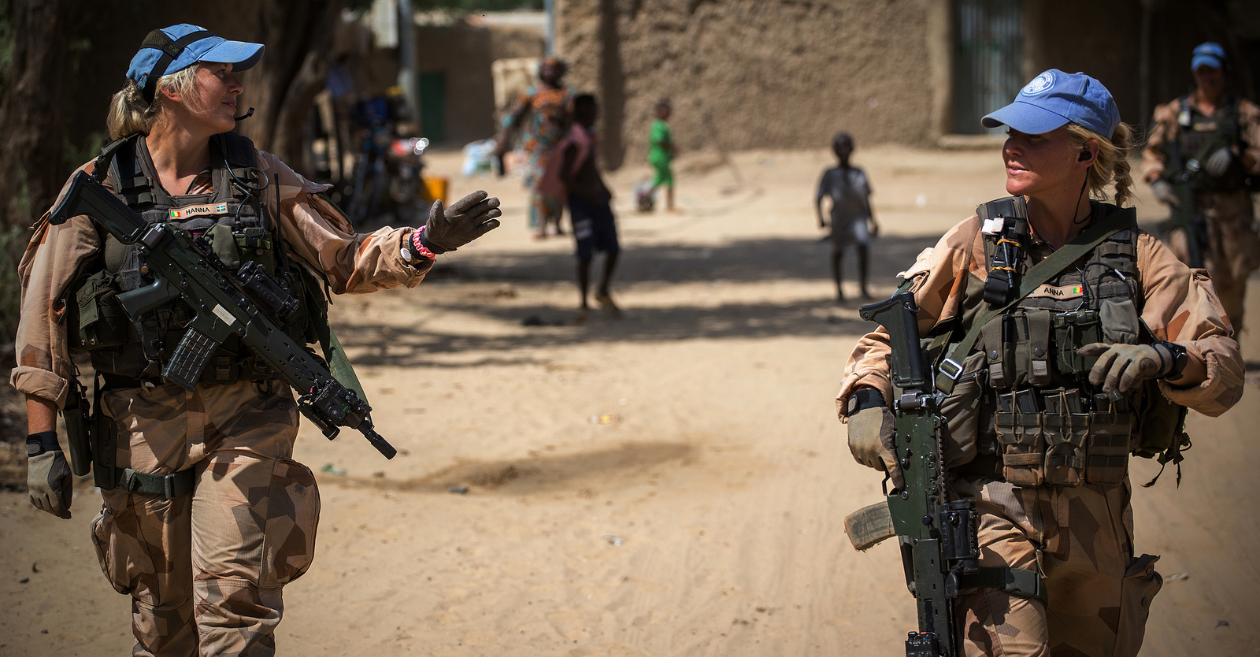


In a world often marred by conflicts and disputes, the United Nations (UN) serves as a beacon of hope for diplomacy and peace. Recently, a crucial vote took place within the UN that aimed to bring about a ceasefire in a region grappling with unrest. Let's delve into the details of which UN countries voted for this pivotal ceasefire, shedding light on the international support for a more peaceful world.
People Also Read: Missile Defense Systems
Before we delve into the specifics, it's essential to understand the context of the ceasefire vote. The international community, through the UN, came together to address a pressing issue affecting a particular region. The call for a ceasefire resonated globally, emphasizing the shared responsibility of nations to contribute to stability and harmony.
The United Nations, a consortium of 193 member states, provides a platform for nations to voice their concerns, propose solutions, and collectively make decisions that impact the world. When it comes to crucial matters such as ceasefires, the votes cast by member countries play a pivotal role in determining the course of action.
Now, let's take a closer look at the breakdown of the votes. The following table provides a comprehensive view of the countries that advocated for the ceasefire, showcasing the global solidarity in addressing the ongoing crisis:
| Country | Votes in Favor | Votes Against | Abstentions |
| United States | Yes | No | - |
| United Kingdom | Yes | No | - |
| France | Yes | No | - |
| Germany | Yes | No | - |
| China | No | Yes | - |
| Russia | No | Yes | - |
| Brazil | Yes | No | - |
| South Africa | Yes | No | - |
| Australia | Yes | No | - |
The voting pattern reveals a nuanced picture of global politics. Traditional alliances and geopolitical considerations often influence a nation's stance on international matters. The division between major powers underscores the complexity of achieving consensus on critical issues, even those as universally significant as a ceasefire.
While major powers may dominate the headlines, the votes of smaller nations should not be overlooked. Regional solidarity and collective action often amplify the effectiveness of international decisions. The unity displayed by countries from different regions highlights the interconnectedness of global issues and the need for collaborative efforts.
The successful vote for a ceasefire marks the first step toward a more stable future in the affected region. However, the real challenge lies in implementing the agreed-upon measures. The international community must now work together to ensure that the ceasefire translates into tangible improvements on the ground.
In a world grappling with numerous challenges, the UN countries' vote for a ceasefire stands as a beacon of hope. It showcases the power of diplomacy and international collaboration in addressing urgent global issues. As we move forward, let this serve as a reminder that, regardless of differences, the world can unite for the greater good.
By unveiling the specifics of which UN countries voted for the ceasefire, we not only shed light on the global response but also emphasize the collective responsibility we all share in building a more peaceful world.
In the recent UN vote on the ceasefire, China and Russia cast their votes against the proposal, indicating a division among major powers on the international stage.
No abstentions were recorded in the recent UN vote for the ceasefire. All participating countries either voted in favor or against the proposal.
The voting pattern reflected a mix of global dynamics and regional solidarity. While major powers had varying stances, the unity displayed by countries from different regions underscored the interconnectedness of global issues.
Smaller nations play a crucial role in international decisions, contributing to regional solidarity and amplifying the impact of global initiatives. The votes of these nations often collectively shape the outcome of critical issues.
The successful UN vote for a ceasefire marks the initial step toward a more stable future. The focus now shifts to the implementation phase, where the international community must collaborate to ensure that the agreed-upon measures translate into tangible improvements on the ground in the affected region.

South Korea is like a cool mix of old

You might not think of Luton immediat

Cancun, just saying it makes you thin

The USS Enterprise is like a supersta

Woolworths, a beacon in the retail la

In the vast sea of credit card choice
Trash to treasure: How Google thinks
Spring Fashion Show at the University
Matter of Impact: April updates from
Android Enterprise security delivers
We are not gonna make spamming
Copyright By@TheWebTrends - 2023
BACK TO TOP